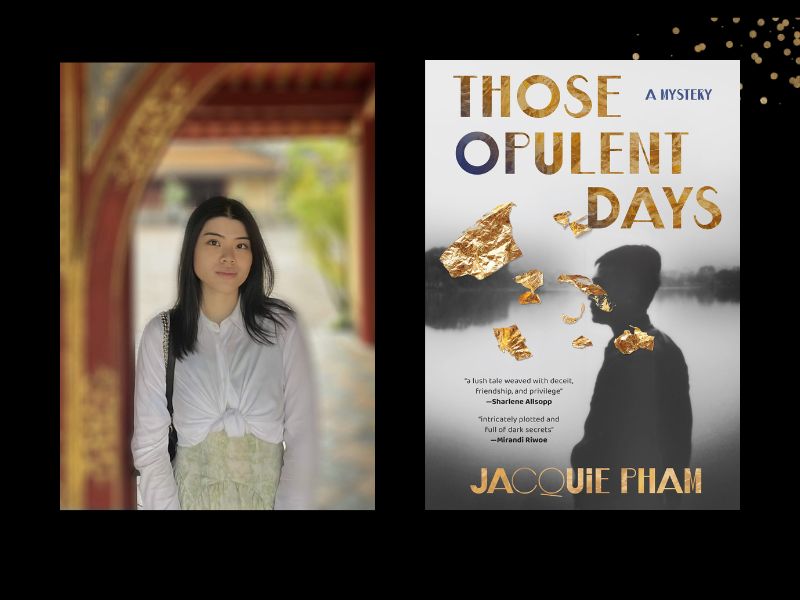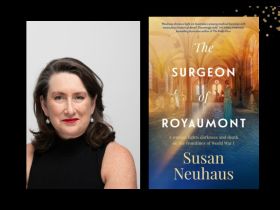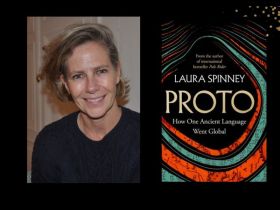Right from the start of Those Opulent Days is a threat of destruction. The book is the first novel from Jacquie Pham, a new voice in Australian crime. While it is marketed as a murder mystery, the breadth of what is covered may spill over the margins.
The story is told out of sequence. It catalogues the six days in the lead-up to a murder and the prophecies of death, judgement, secrecy and love that span the timelines of childhood friends, Duy, Phong, Minh and Edmond. Flashbacks happen intermittently and in rapid succession, and yet the structure is bound to that of most crime fiction – in the days before the big act.
While it’s not possible to return to the city of Dalat as it used to be, Pham’s novel comes gratifyingly close. The historical richness of colonial Vietnam is recorded on every page. Any unevenness of perspective cannot detract from the minutiae of detail, with descriptions of the upper echelons and the starkly poor.
Opium is a pervasive guest that remains a through line until the very end. The presence of the French is also a constant recall to the injustices and colonialist subjugations experienced by those who were not Annamites. The pages reunite these asymmetries with passages that bear witness to the cruelties that unfolded during the occupation of Vietnam.
How that trickles into the serving class, from farm hands to maids and full-service brothel workers, warrants more attention. While many are involved in the stories of the quartet, there is an apparent lack of finish when it comes to their own fantasies, lives and indignations.
The plight of the four men anchors the story in suspense; Pham’s writing is ambitious and on the right track. There are, however, limits to canvassing all the thematics of this period within one book. As a murder mystery it is faultless, but as an account of Vietnamese colonialism it could have been more probing in its dissection of the French and the Vietnamese-Dalat gentry.
Edmond Moutet’s arc is well-fleshed out as the only Frenchman of the quartet of Vietnamese elite. His characterisation is generous and without restriction. Pham’s story would have benefited if all four characters had received the same attention to detail.
The only reprieve to this comes in the form of maids Hai and ‘The Tattler’, who serve the upper class and are given voices of their own. Yet it is still difficult to separate these perspectives as something more than foils. This is where fiction can unyoke from the past. Pham’s adherence to credibility is admirable, but leaves room for more speculative evocations. How did these women resist, with what little they had? Even Minh’s mother, the wealthy Madame Nhu who runs the household where Tattler is a servant, is not offered a second glance once the fates of the four men are sealed.
Perhaps this is the intent, as the title itself suggests a bygone, misty-eyed wash over the atrocities committed by and to the four men. Their youth is shackled to the past, relegated to the annals of history – which is as unseeing as it is inaccurate. The characters serves no altruistic purpose to the others except to elucidate how each life has gone awry, as foretold from the first page. Of the four, Edmond and Phong’s connection may be the only exception, though even that tragedy can add no gradient to the suffering they inflict.
Nonetheless, Pham depicts this period of Vietnamese history with turbulence and grace.
Those Opulent Days, Jacquie Pham
Publisher: Ultimo Press
ISBN: 9781761154379
Format: Paperback
Pages: 304pp
Publication: February 2025
RRP: $34.99
This review was made possible by Diversity Arts Australia’s StoryCasters program in partnership with Multicultural NSW and supported by Sweatshop.





